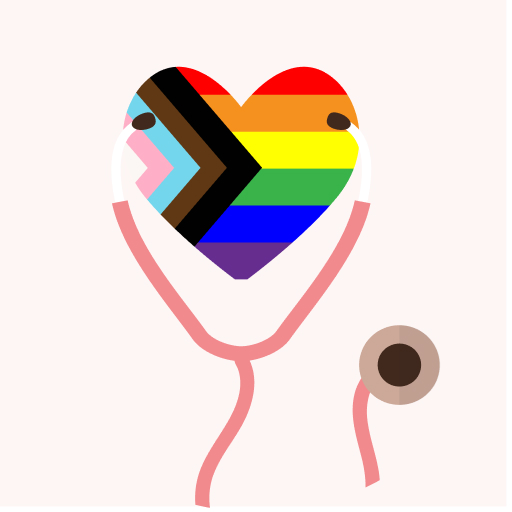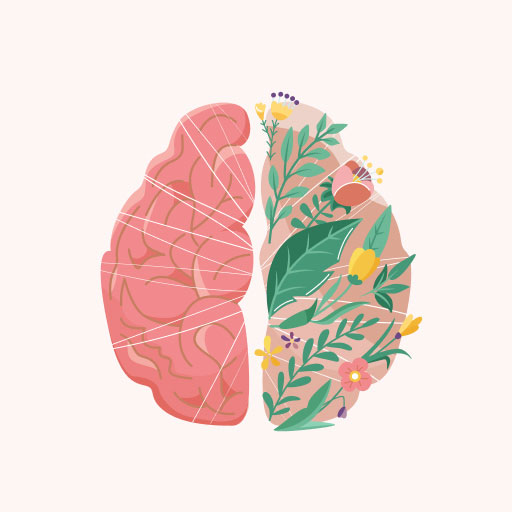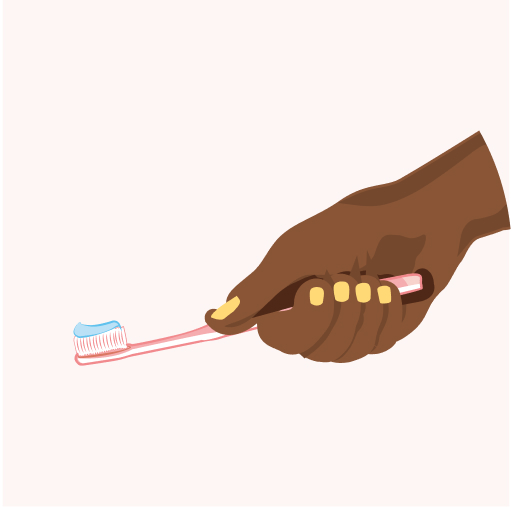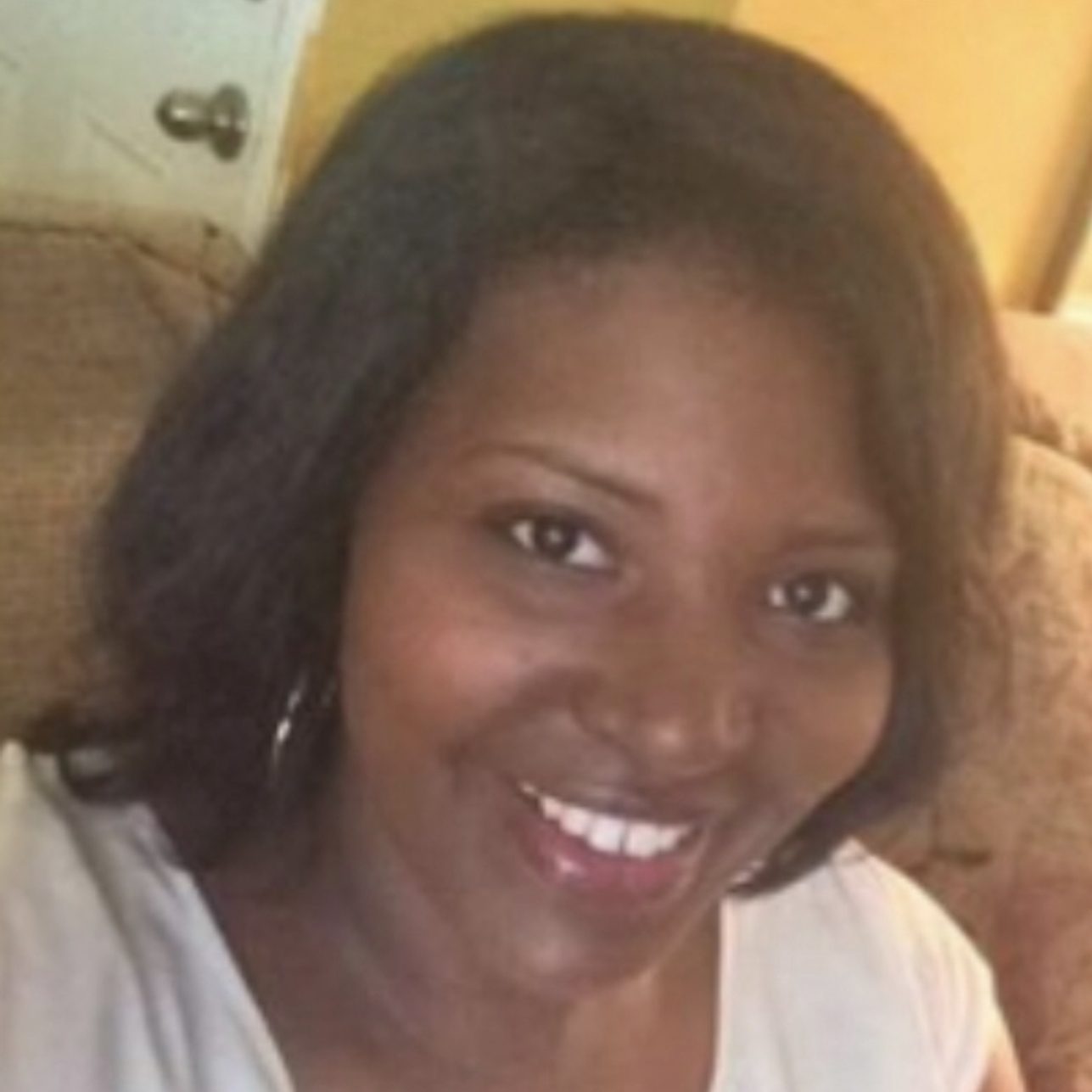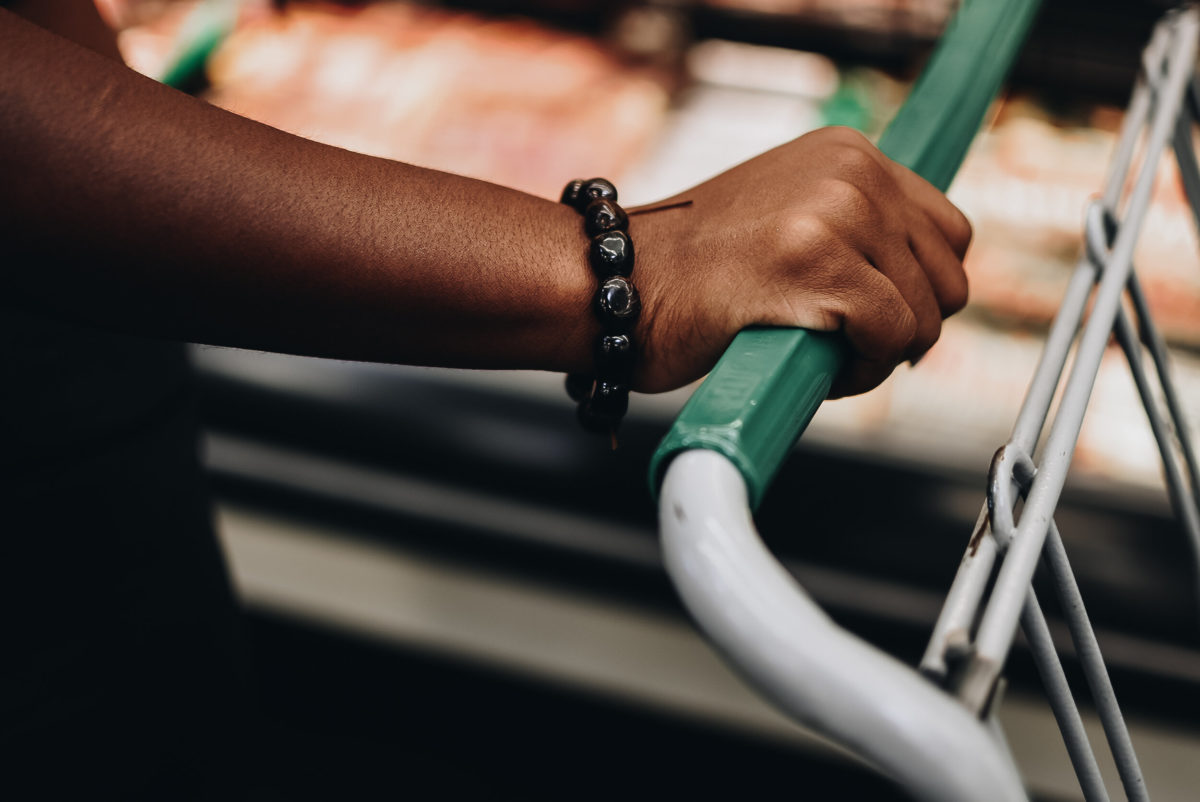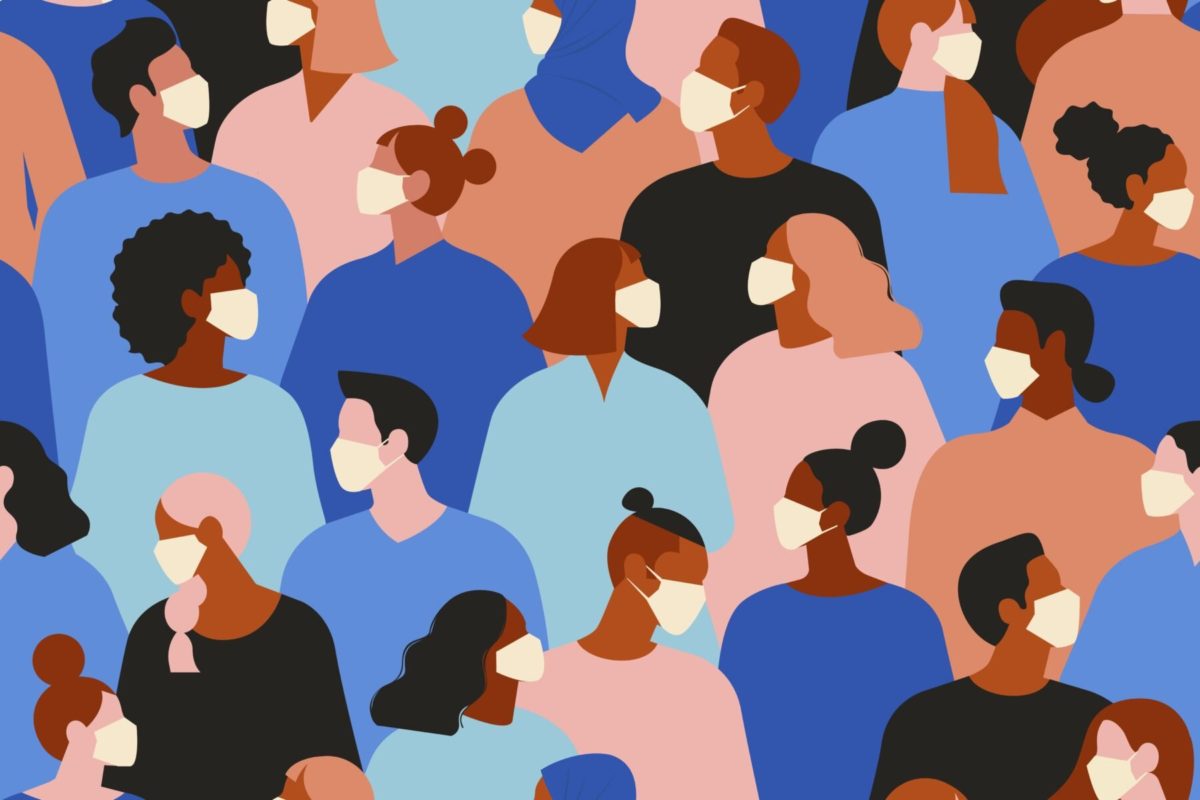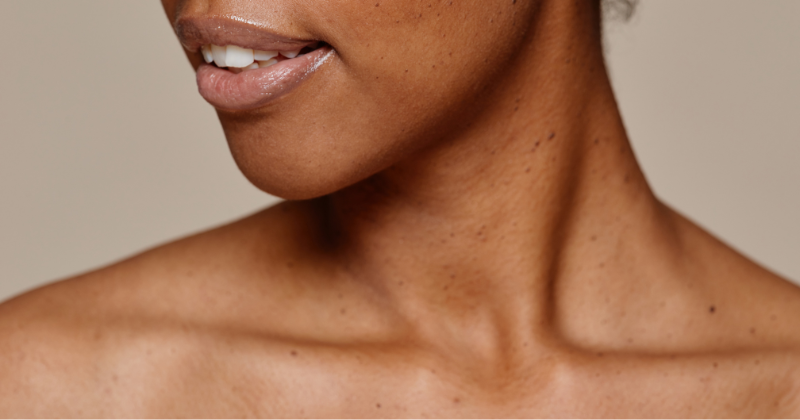
The Real ‘H’ Word: Hidradenitis Suppurativa
I can recall the days I spent lying in bed in excruciating pain, left incapacitated for days at a time. I had clusters of abscesses on my skin, blood that would often appear on my clothing and a foul odor emanating from the abscesses that ruptured. I could not explain why healthcare professionals, ranging from dermatologists to infectious disease specialists, could not give me a proper diagnosis or an effective treatment plan. So, I essentially chose not to disclose my daily health issues to anyone anymore and suffered in silence for more than three years. I became bitter and further succumbed to depression. I watched my grades drop, many of my relationships diminish, and my health further deteriorate. When I finally did go to the doctor, I underwent several surgeries and took countless medications, but my condition remained the same; after some procedures, it even worsened. I was on the verge of giving up hope until I was finally diagnosed with Hidradenitis Suppurativa (HS). HS is a rare but chronic skin condition also known as acne inversa; it is an autoimmune disease that causes recurring boils in the folds of one’s skin, beginning in the hair follicle. It commonly presents itself after puberty and often appears under the armpits, breasts, stomach, groin, and buttocks. It is important to note that HS is a noncommunicable disease, meaning it can not be passed from one person to another, nor is it the result of poor hygiene habits. While the cause of the disease is unknown, healthcare professionals believe that a combination of genetic, hormonal, and environmental factors likely play a role in its development. Symptoms can vary from one person to another – common symptoms include painful abscesses, clusters of blackheads, leaking sores, repetitive healing and reopening, movement restriction from pain, itching, and possible bacterial infections.
HS is divided into three stages, known as Hurley stages, which are used to determine the best management and treatment strategies. Each stage is partly determined by the presence or absence of “tunneling” – this refers to the formation of tunnels beneath the skin that connect the lumps and drain pus and blood.
Hurley stage I is the mildest of the three stages and refers to inflammatory abscesses without tunneling or severe scarring.
Moderate Hurley stage II refers to recurring inflamed abscesses with some tunneling and scarring present.
Hurley stage III is the most severe of the stages and involves interconnected abscesses, tunneling, extreme scarring, and restricted movement across entire areas of the body i.e. the axilla, aka underarm.
I have been diagnosed with Hurley stage III Hidradenitis Suppurativa due to the tunneling of abscesses that are present under my arms, breasts, groin, and buttocks regions.
HS commonly begins after puberty between one’s teens and early 20s but can also occur later in life. Little is known about the exact cause of HS but research shows that factors such as age, sex, race, family history, certain conditions like severe acne, arthritis, diabetes, metabolic syndrome, and inflammatory bowel disease, and smoking can increase one’s chance of developing Hidradenitis Suppurativa (HS). Being a post-pubertal Black woman put me at higher risk of developing the condition. Women are more likely to develop HS than men, and incidence of the condition is disproportionately higher among Black people, who are approximately 2.5 times more likely to have HS than white people. Black patients also face disparities in the severity of their HS. In comparison to White patients, they are 2.86 times more likely to experience emergency room visits and 2.25 times more likely to be hospitalized due to the condition. The reasons for these disparities are largely unknown due to a lack of research about how HS impacts Black and other skin of color patients.
Furthermore, HS impacts all aspects of a person’s health, physical and mental, and often comes with other comorbidities. For the first time in my life, after being diagnosed, I developed anemia that my hematologist has attributed to the severe amounts of blood loss from rupturing abscesses. I have chronic joint pain, which, coupled with tunneling from abscesses, makes even the smallest of movements extremely painful. I also have gastrointestinal complications and am undergoing testing to determine whether or not there is another autoimmune disease present. Once a lively, outgoing, and social person, I now feel the burdens of depression and anxiety. I find myself shrinking and cringing at the thought of leaving my room. When I do leave, I constantly second-guess myself in the presence of others.
Though my journey with HS has been hard, each day, I wake up and make the conscious decision to LIVE. HS has not and will not get the best of me. Each day begins with me looking into the mirror and reminding myself that I am a warrior. I now follow a treatment plan specific to me and my needs that includes taking medications daily, receiving infusions of a biologic every four weeks, exercising at least three times a week for thirty minutes, eating a healthier diet, and properly coping with stress through counseling, journaling, and meditating. It is a daily effort and learning process, but I work to let down my emotional wall and lean into my solid support system, consisting of family, friends, and sorority sisters. It also helps that I have found community in HS support groups on Facebook and Tiktok. These support groups have shown me that I am not alone and have led me to life-changing treatments and lifelong friendships. Because of one brave HS warrior with whom I have formed a sisterhood, I was afforded an opportunity to participate in an HS awareness event in Winona, MS.
Reflecting on my past experiences, I know that I have made some poor decisions concerning my own health. My goal is to grow as an individual with each passing day, spread knowledge, break down barriers of shame, and seek opportunities to speak about HS. I have faced adversity, overcome it, and will continue to progress. I want my fellow HS warriors to know they can do the same. For those who have been diagnosed and those who are still seeking a diagnosis, I offer you gentle hugs, encouragement, and support in spirit. Continue to fight on! We may have HS, but by no means does HS have us.
More Content
Chronic Diseases
COVID-19 Reminds Me of Why I Got Into Public Health
COVID-19, the disease caused by the novel...


